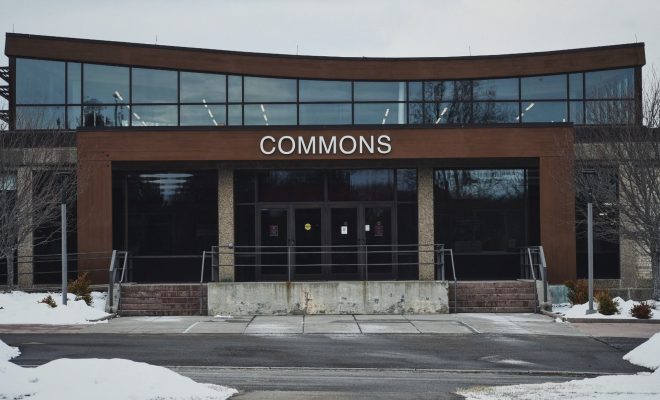U.S. May Owe Money to Students It Recruited to Sham University

In a deeply concerning development for both the educational landscape and the rights of students, recent investigations reveal that the U.S. government may owe money to students who were recruited to a fraudulent university. This alarming situation sheds light on the responsibilities and obligations of governmental entities, as well as the vulnerabilities faced by students seeking higher education.
A Brief Overview of the Situation
Reports have emerged indicating that certain governmental bodies, including immigration and education agencies, played a role in recruiting international students to a university that was later determined to be a sham. This institution, while initially appearing legitimate, failed to provide the promised educational services and resources, leaving many students in a precarious situation. With tuition fees often surpassing tens of thousands of dollars, the repercussions are severe for the affected individuals who invested their time, finances, and hopes into what they believed was an accredited educational program.
The Role of the Government in Recruitment
U.S. immigration policies often create pathways for international students to enter the country under the premise of pursuing higher education. However, in this instance, it appears that some governmental agencies may have inadvertently facilitated the recruitment of students to an institution that operated outside the parameters of legitimate accreditation. This situation raises pressing questions about accountability and regulations in the educational sector.
While advocates argue that students should be able to rely on governmental endorsements and recruitment efforts, the discovery that officials may have engaged with a fraudulent institution creates a conflict that cannot be ignored. Their involvement may have misled these students, who typically seek a promising future through education.
Financial Implications for Students
As the implications of this situation continue to unfold, many of the affected students are left grappling with financial burdens stemming from their enrollment. These individuals often borrowed significant amounts of money to fund their education, with the expectation of acquiring valuable skills and degrees. However, the fallout from attending a sham university can lead to not only lost tuition costs but also adverse impacts on their career prospects and mental well-being.
In light of these challenges, advocates and legal experts are calling for a thorough investigation and potential restitution for those impacted. Should the government acknowledge its role in the recruitment process, there may be grounds for compensatory measures—potentially reimbursing students or providing avenues for loan forgiveness.
Legal Action and a Call for Accountability
Students have begun to seek legal counsel to explore their options for recourse. Class-action lawsuits may emerge as more individuals come forward, united in their experiences of having been misled by both the university and the government. Legal experts suggest that not only should students be compensated for their losses, but there should also be systemic changes implemented to prevent similar occurrences in the future.
This situation serves as a critical reminder of the importance of regulatory oversight in the education sector. As the number of international students continues to grow, the necessity for transparent processes and rigorous accreditation standards becomes even more essential.
Moving Forward
In evaluating the circumstances surrounding this sham university, it is imperative that the U.S. reflect on the implications of its recruitment practices and how they align with the principles of transparency and support for students. For many, higher education is a beacon of hope, and the trust placed in educational systems must not be taken lightly.
Ultimately, the fallout from this debacle could reverberate through the education system, prompting legislative changes aimed at better protecting students and ensuring that they are equitably treated. Accountability measures may not only provide justice for current victims but also strengthen the framework for future educational integrity.
As investigations continue, the voices of students seeking justice must remain at the forefront. The lessons learned from this incident could pave the way for a more trustworthy and supportive educational landscape—one where students feel secure in their academic aspirations, confident in the institutions they attend, and assured that their government stands by them.






